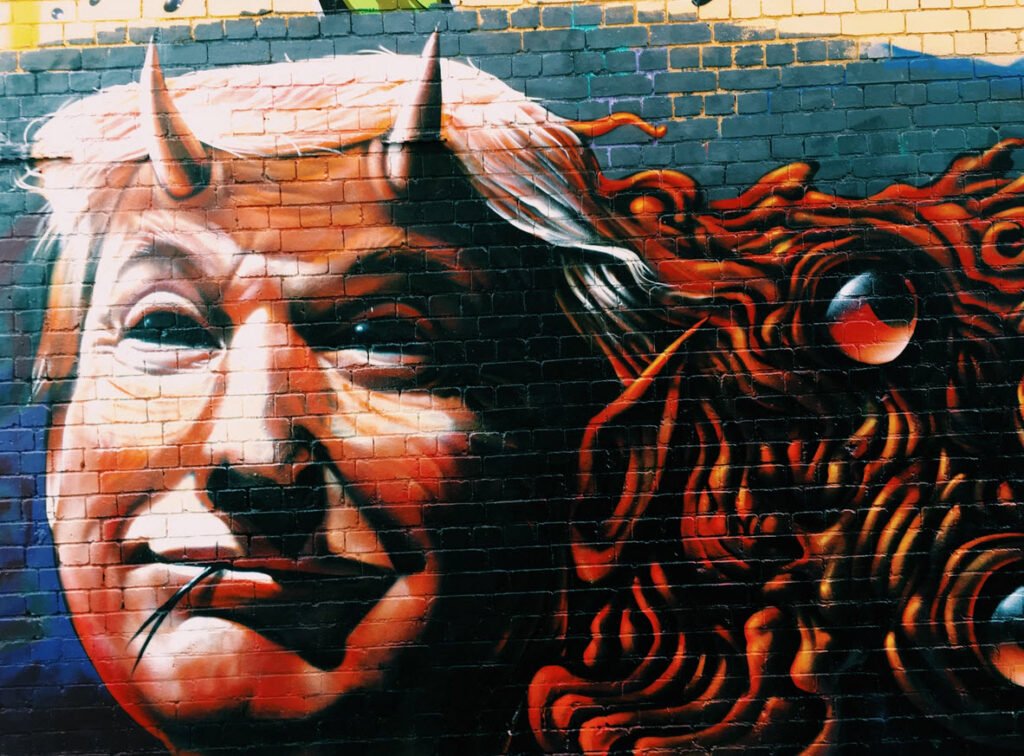In a historic verdict, a jury found the former president guilty of 34 counts of falsifying business records.
Former US President and Republican presidential candidate Donald Trump was found guilty on all 34 counts of falsifying business documents by a jury in Manhattan Criminal Court, New York City, on May 21, 2024. The charges stem from a payment made to adult film actress Stormy Daniels to keep her silent about an alleged affair, an effort believed to protect Trump’s chances during the 2016 presidential election.
After nearly five weeks of testimony, 19 witnesses, and a vast array of documents, the jury reached a unanimous decision in just 7.5 hours of deliberation. Trump was convicted on all counts, marking a historic moment as he becomes the first former US president to be criminally convicted.
The trial, which unfolded in the midst of Trump’s third presidential campaign, has been a focal point of media attention. Trump has consistently framed the various criminal cases against him as part of a vast conspiracy orchestrated by President Joe Biden to derail his campaign. This narrative, although unsupported by evidence, has been widely adopted within the Republican Party. Despite his legal troubles, Trump remains the presumptive Republican nominee and is scheduled to debate Biden later this month.
Judge Juan Merchan has set Trump’s sentencing for July 11, just days before the Republican National Convention. The implications of this conviction on Trump’s campaign remain uncertain, but it is clear that this verdict, along with other ongoing legal issues, will dominate the political landscape.
The case, led by Manhattan District Attorney Alvin Bragg, revolved around Trump’s attempt to conceal a $130,000 payment made to Daniels by his former lawyer Michael Cohen. The prosecution argued that this payment was made to influence the 2016 election by preventing damaging information from surfacing. The reimbursement to Cohen in 2017 was disguised as legal fees, leading to the falsification of 34 business records.
Assistant District Attorney Joshua Steinglass, in his closing argument, emphasized the intent behind the falsified records: “The reimbursements to Cohen were cloaked in the conspiracy to promote the election, whether or not that conspiracy actually succeeded in tipping the scale.”
The prosecution presented a detailed narrative supported by documents, texts, emails, voice recordings, and witness testimony. Michael Cohen, the prosecution’s star witness, testified that Trump personally directed the hush money payment to Daniels to prevent any negative impact on his campaign. Cohen’s testimony was corroborated by documentary evidence, making it a cornerstone of the prosecution’s case.
Trump’s defense team, led by attorney Todd Blanche, sought to undermine Cohen’s credibility, labeling him the “MVP of liars.” Despite these efforts, the overwhelming documentary evidence presented by the prosecution left little room for doubt, leading the jury to convict Trump on all counts.
Following the verdict, Trump expressed his dissatisfaction outside the courtroom, accusing the Biden administration of orchestrating the trial to damage his political prospects. “Our whole country is being rigged right now,” Trump declared. “This was done by the Biden administration, in order to wound or hurt an opponent, a political opponent, and I think it is just a disgrace.”
District Attorney Bragg, in a press conference, thanked the jurors for their service and reiterated that the case was handled like any other, based on facts and law. “While this defendant may be unlike any other in American history, we arrived at this trial, and ultimately today at this verdict in the same manner as any other case that comes through the courtroom doors: by following the facts and the law, and doing so without fear or favor,” Bragg stated.
Under New York law, falsifying business records is typically a misdemeanor. However, the charges against Trump were elevated to class-E felonies due to the intent to defraud and conceal another crime, specifically election law violations. While class-E felonies carry a maximum sentence of four years in prison, it is more likely that Trump will face probation given his lack of prior criminal history for non-violent offenses.
Trump’s conviction could significantly impact his political future, both in terms of his campaign and potential legal consequences in other pending cases. He is currently facing criminal charges in three other cases, including racketeering and conspiracy in Georgia, mishandling classified documents in Florida, and actions related to the January 6th Capitol riot.
Legal experts believe that the strength of the evidence presented in this case will make it difficult for Trump to successfully appeal the verdict. As the first former president to be convicted of a felony, Trump’s legal and political journey ahead is fraught with uncertainty and challenges.
Despite the verdict, Trump’s base remains fervently supportive, and his campaign will likely continue to leverage the narrative of political persecution. How this conviction will influence the broader electorate remains to be seen as the 2024 election season progresses.




[…] clarifying the application of birthright citizenship, this Executive Order seeks to protect the integrity of American citizenship while adhering to constitutional and […]
[…] Donald Trump wasted no time upon his return to the presidency, hitting the ground running with an aggressive series of executive orders on his very first day in office. […]